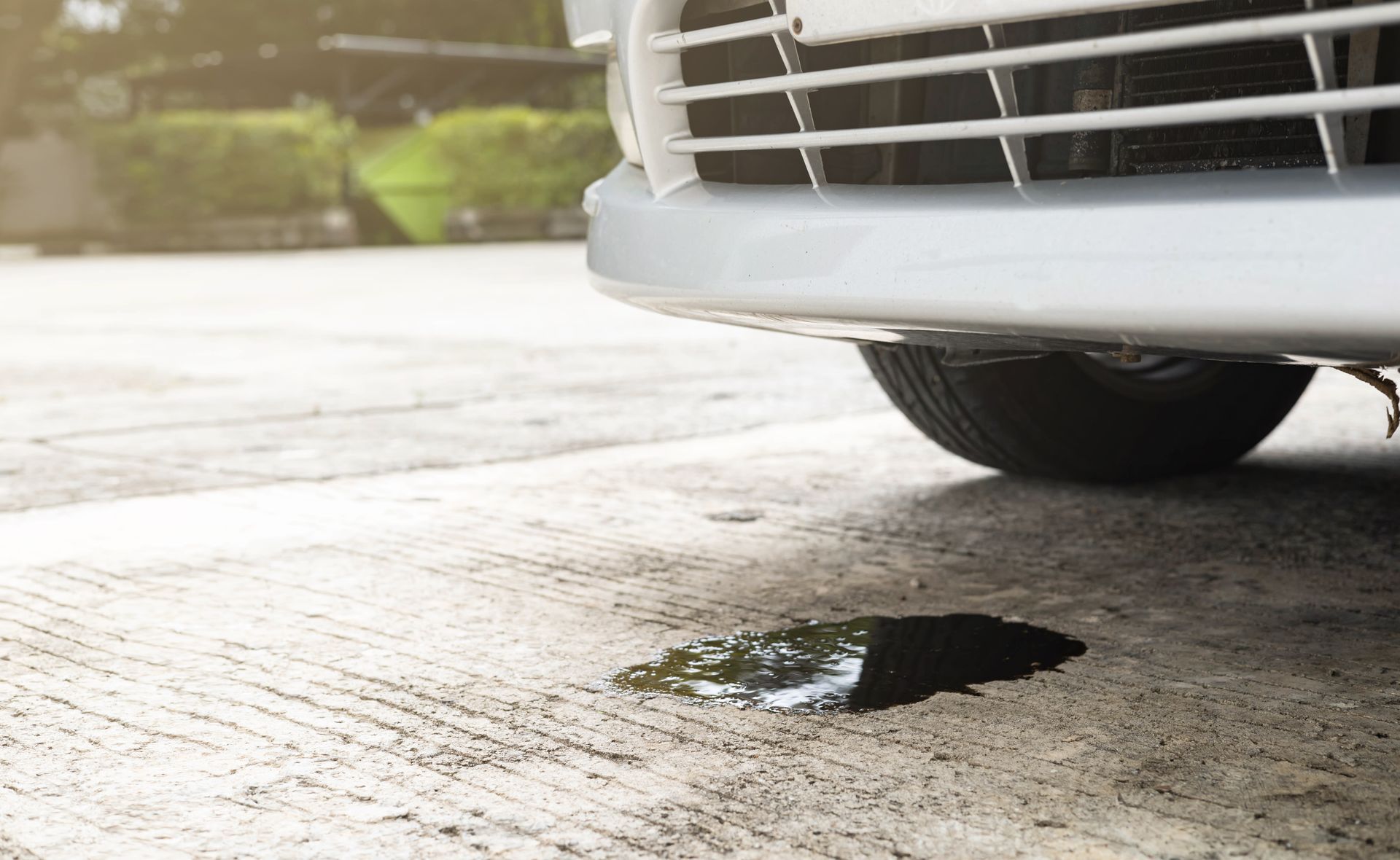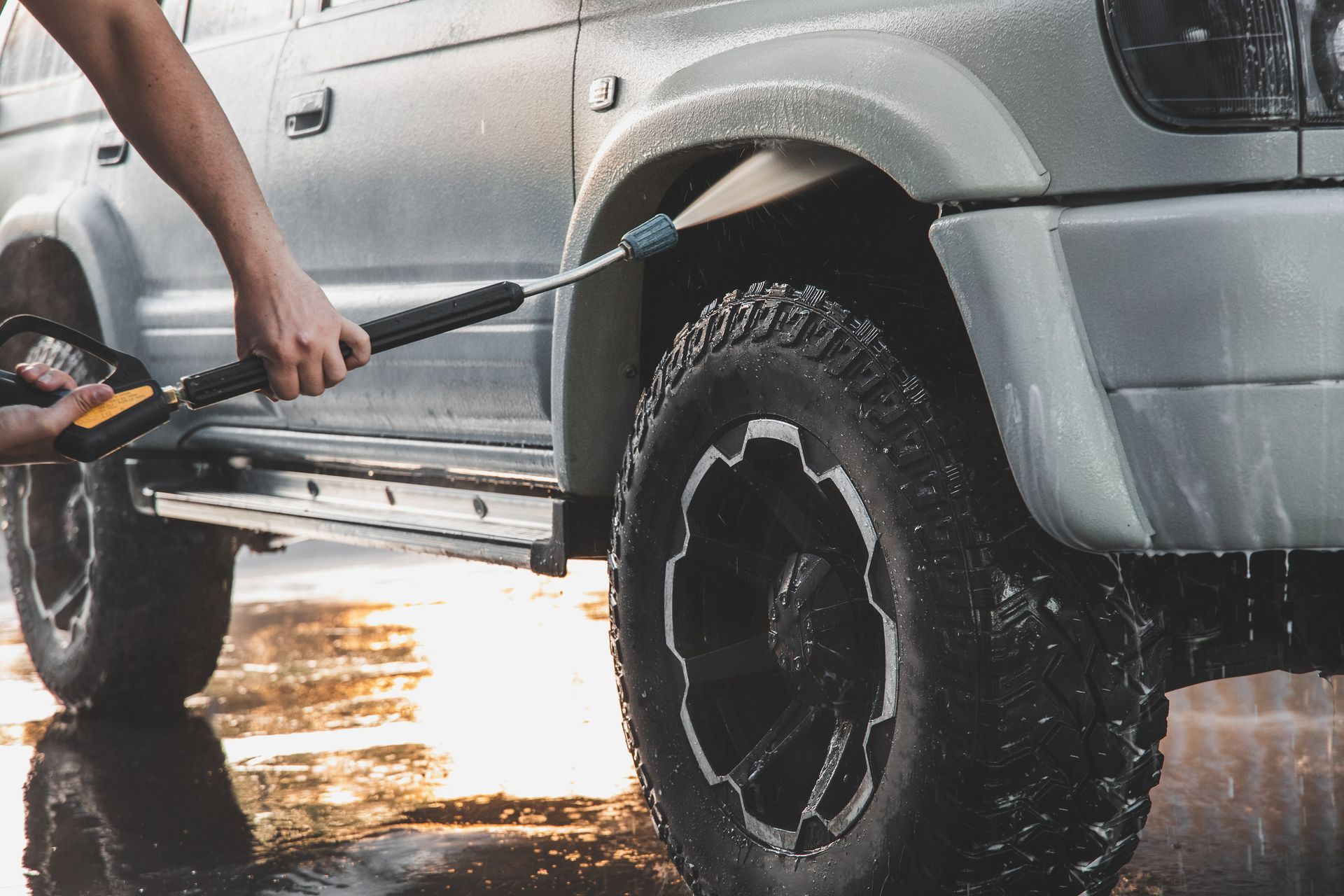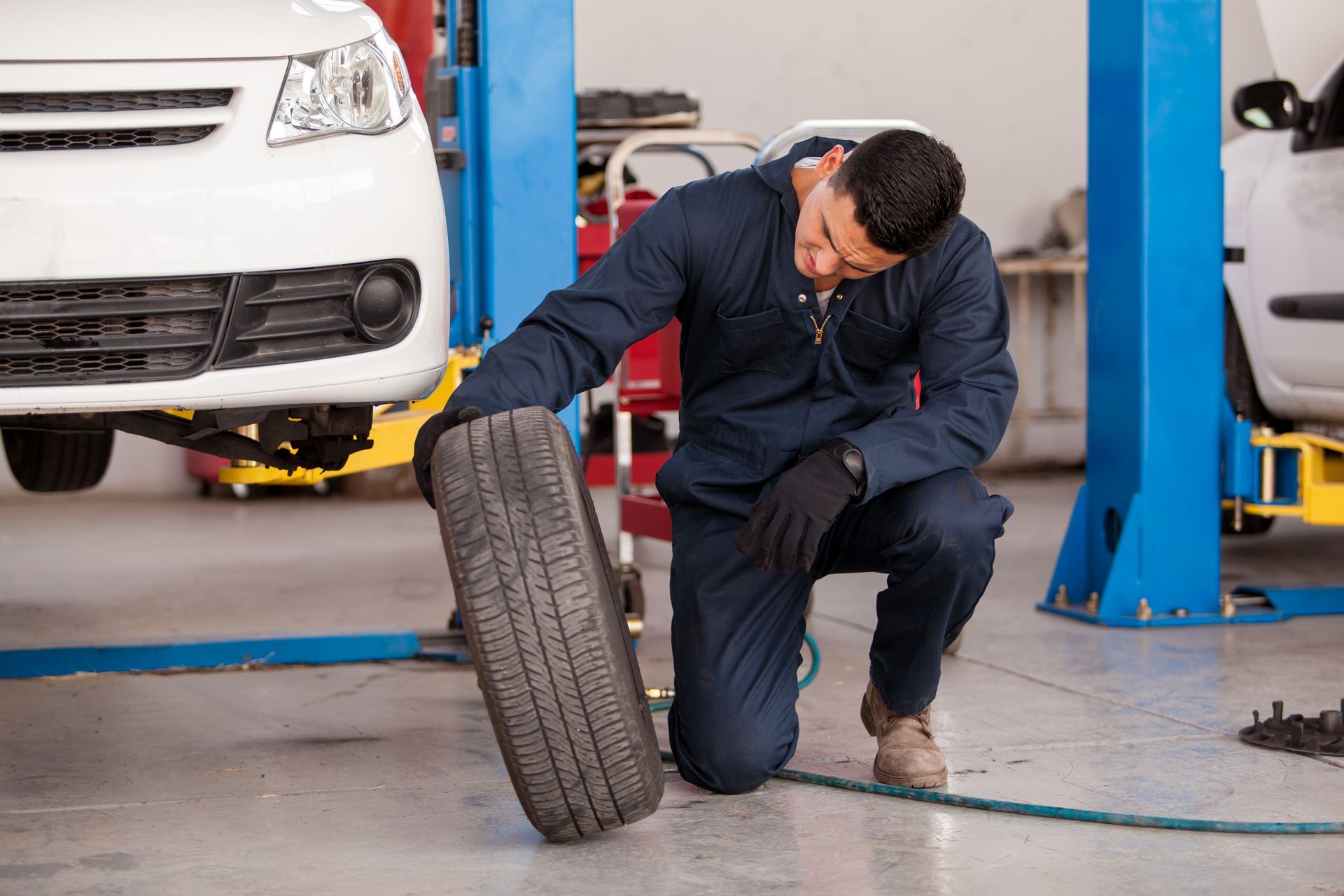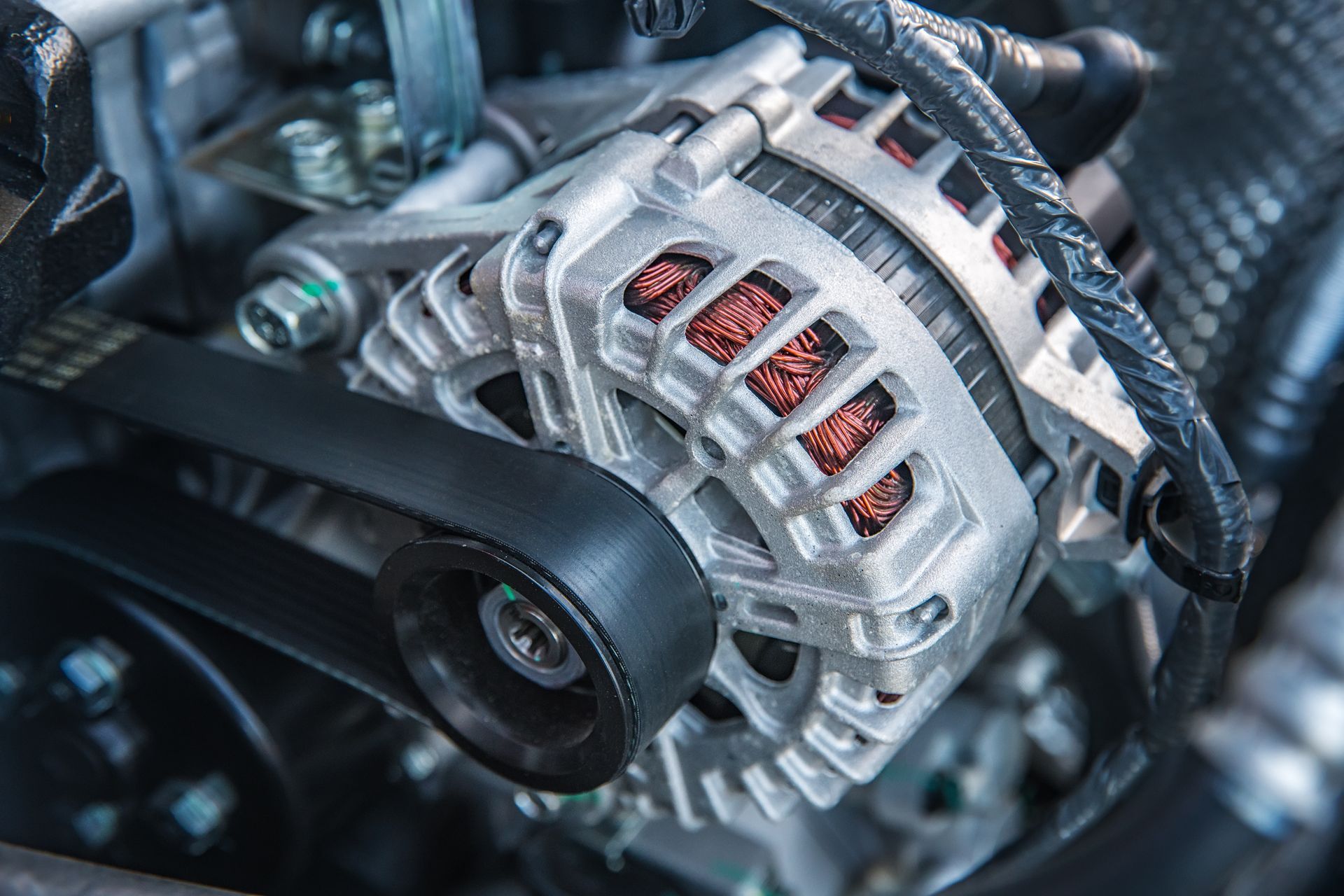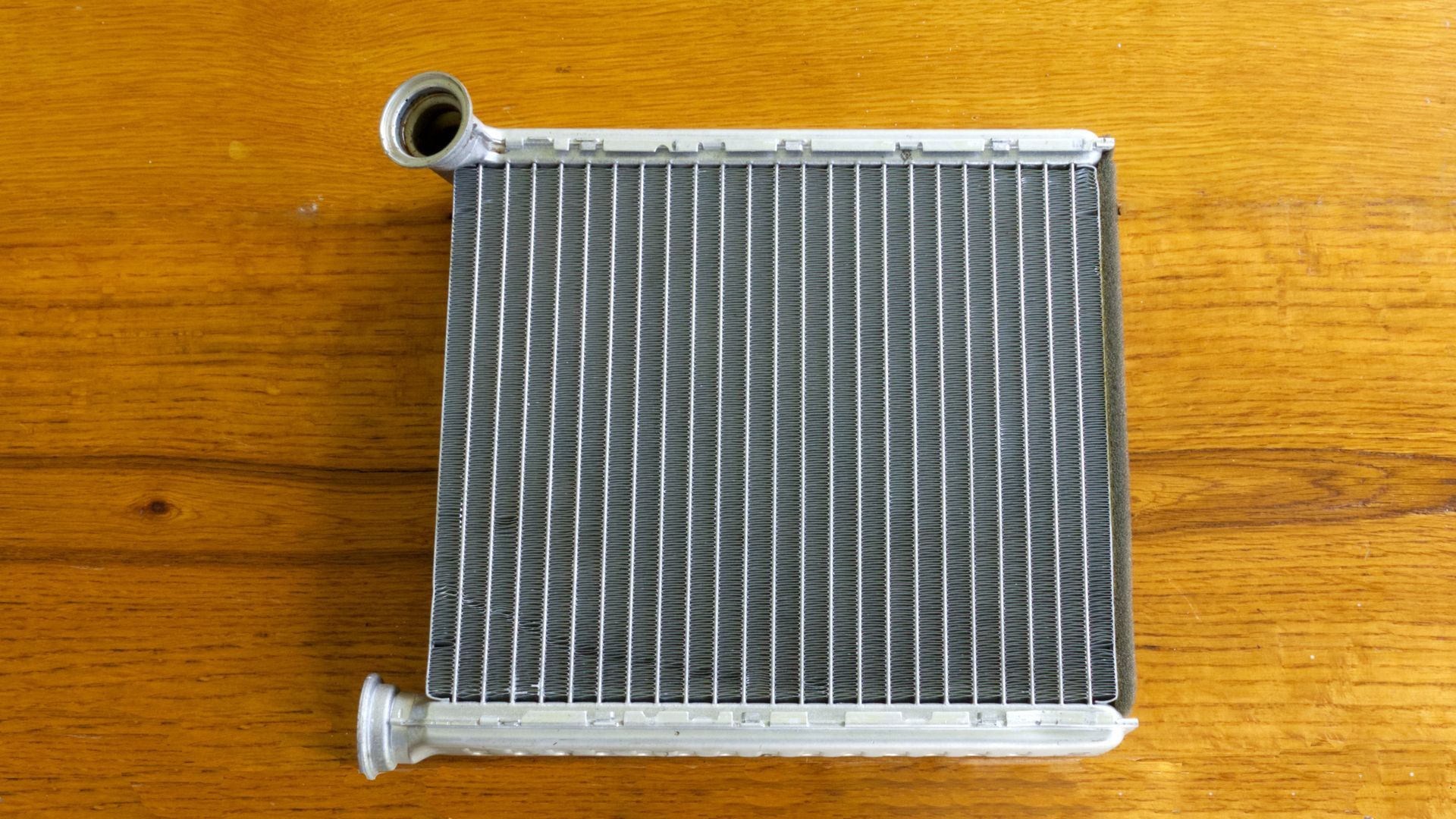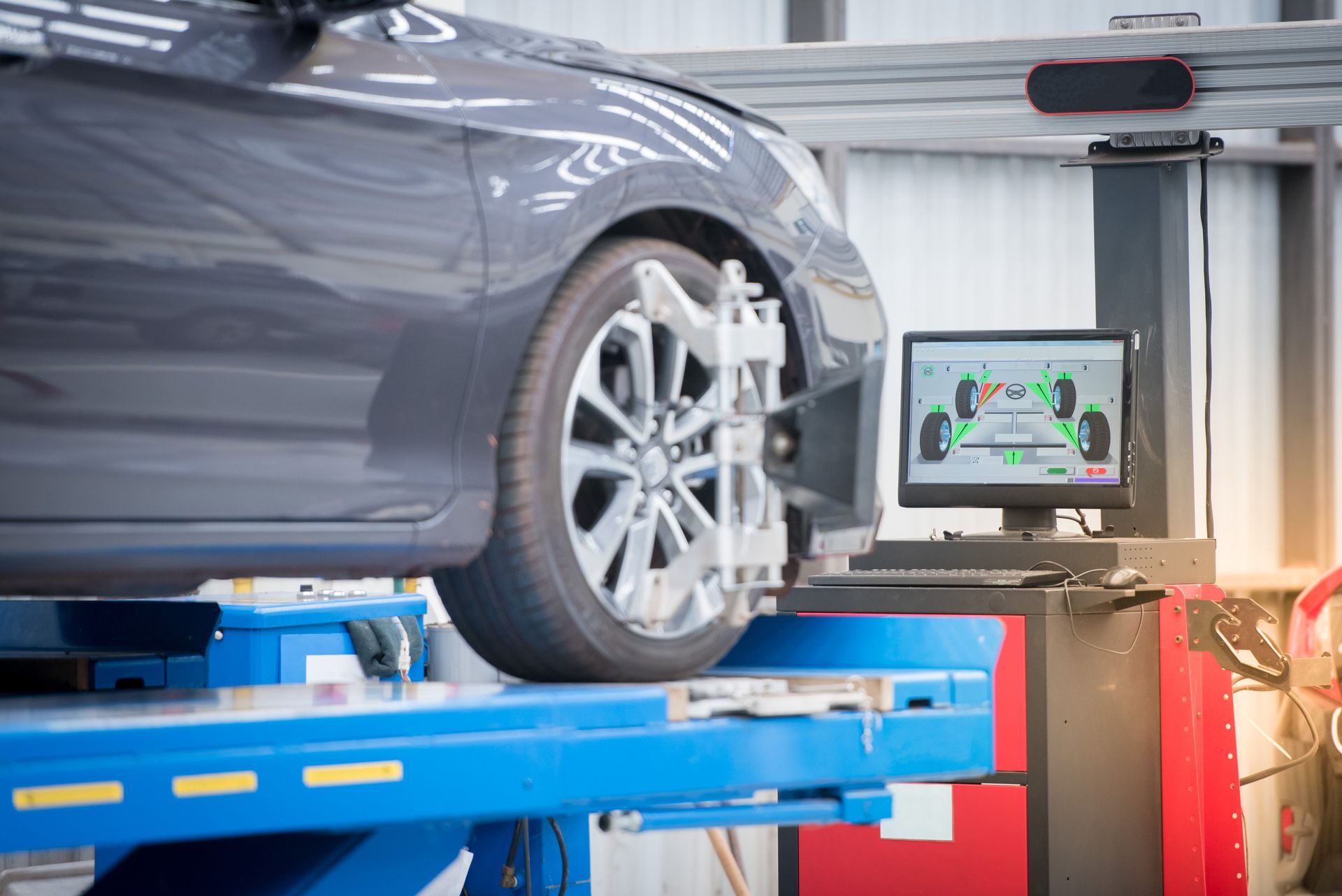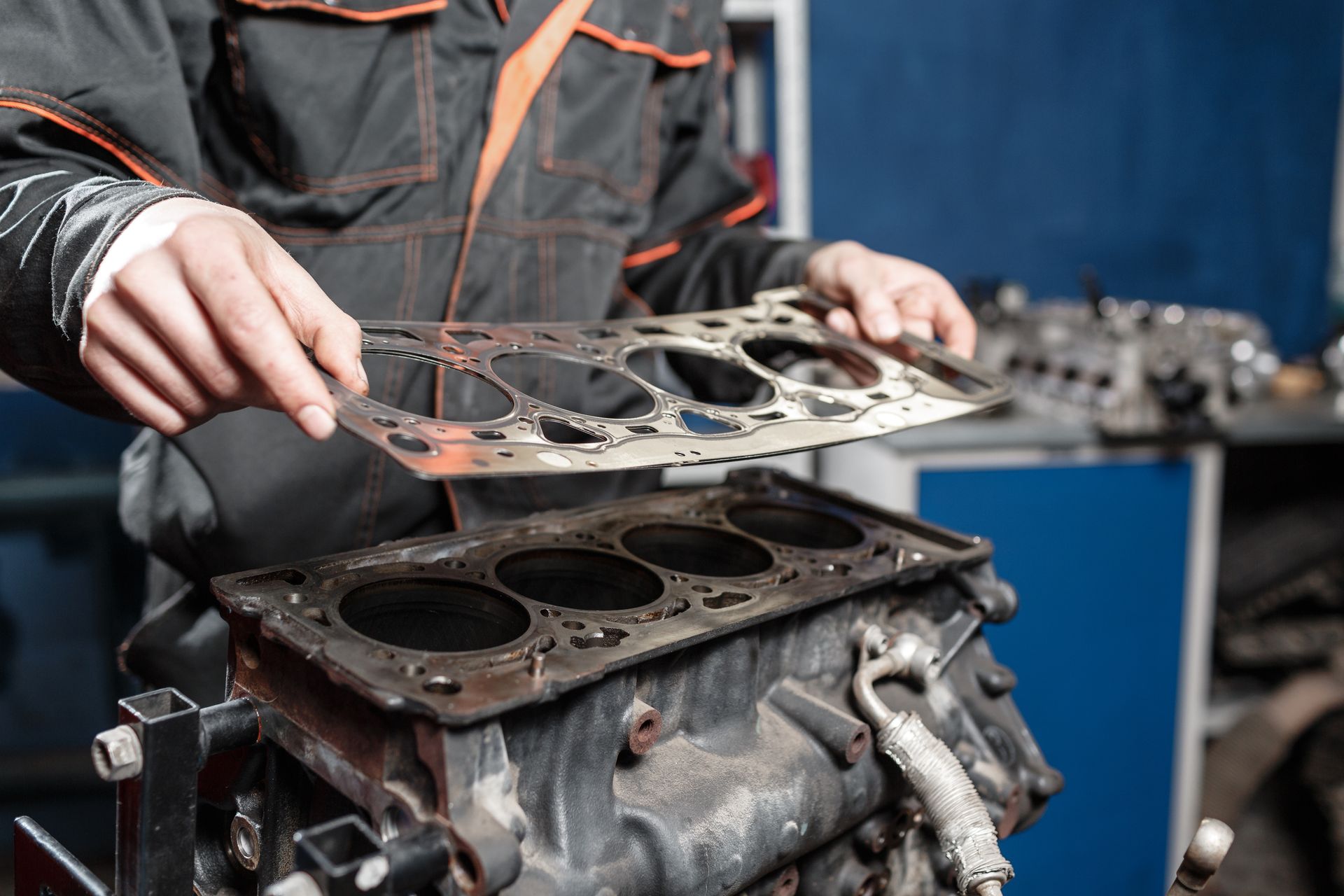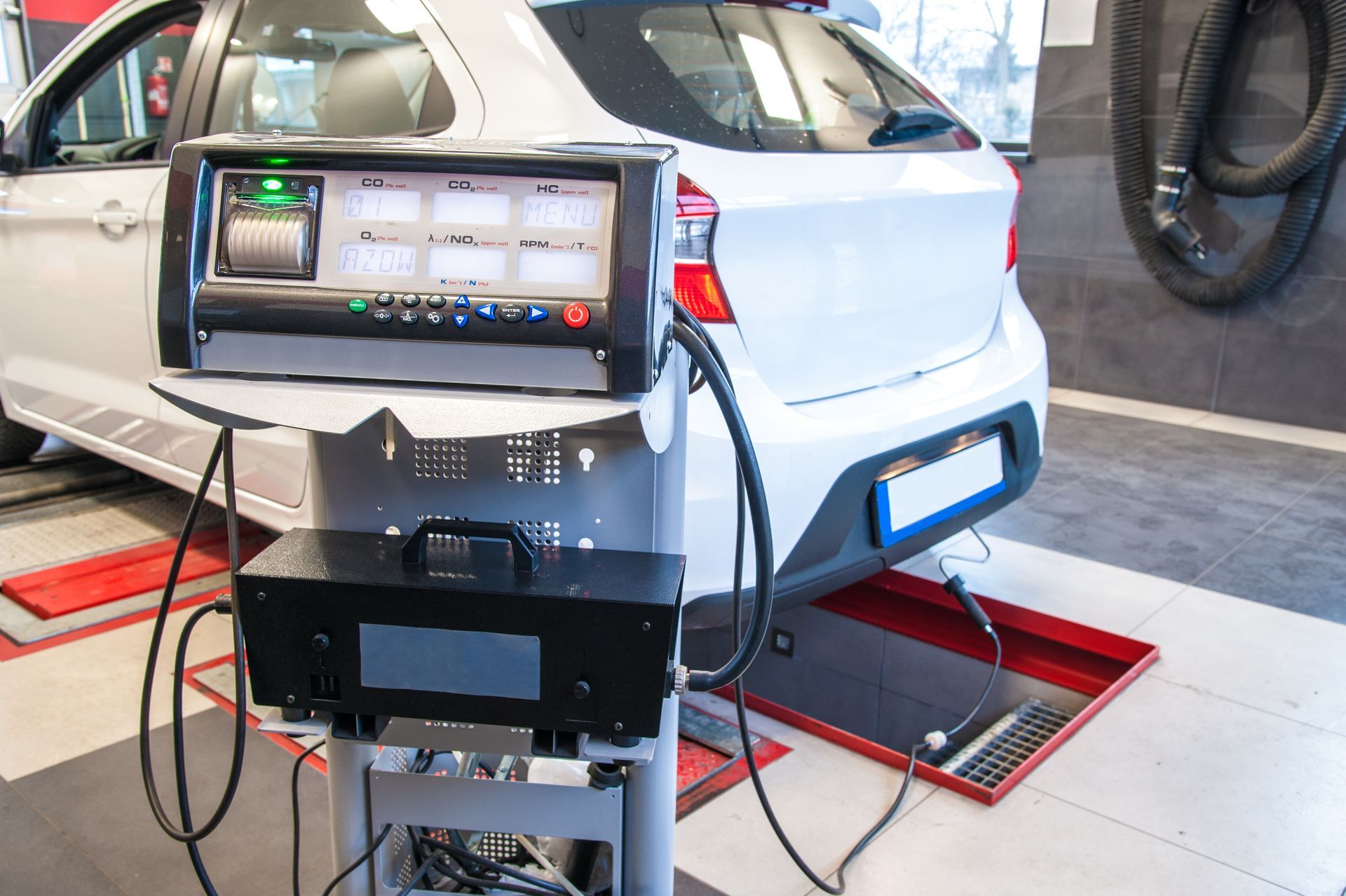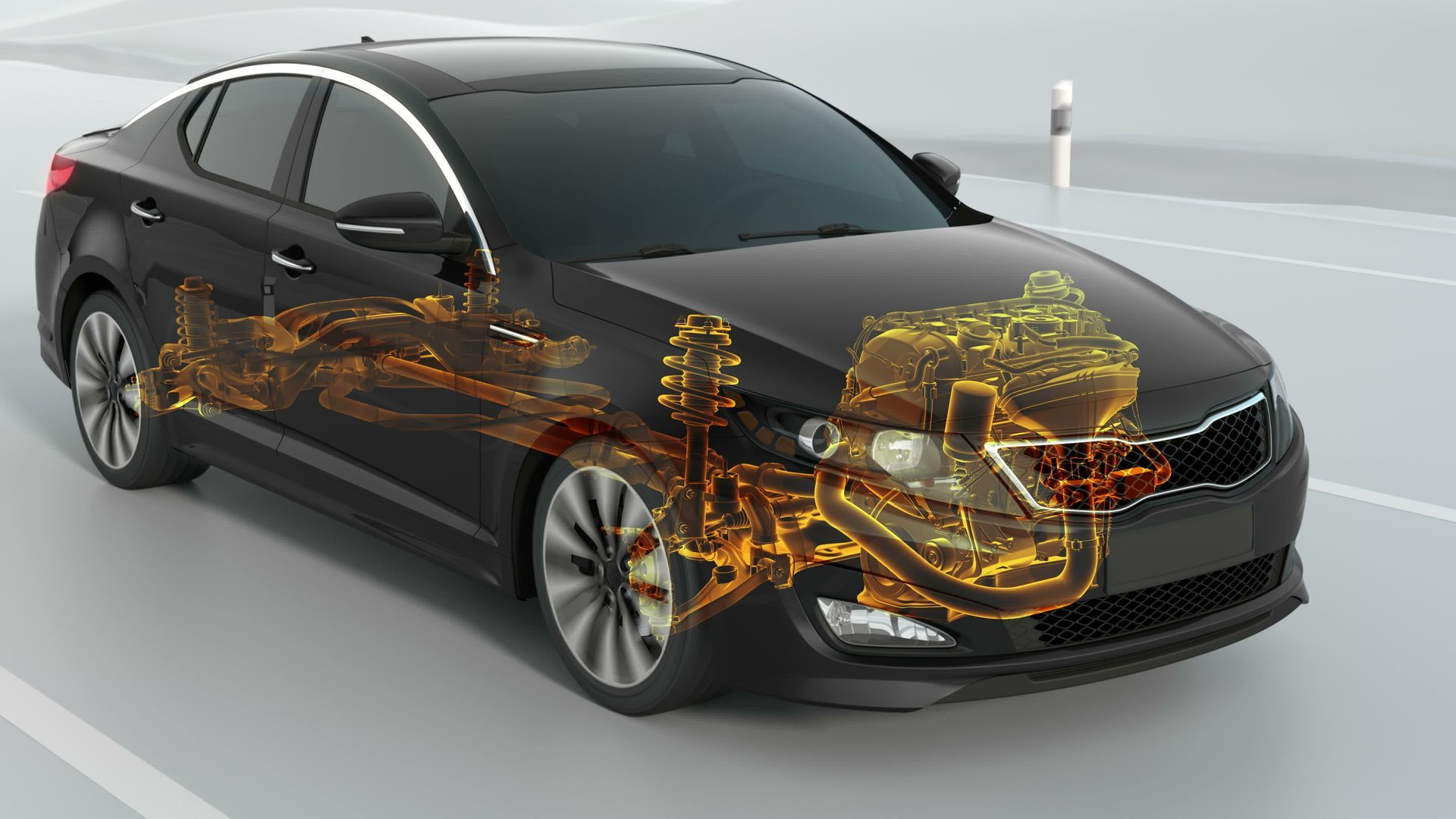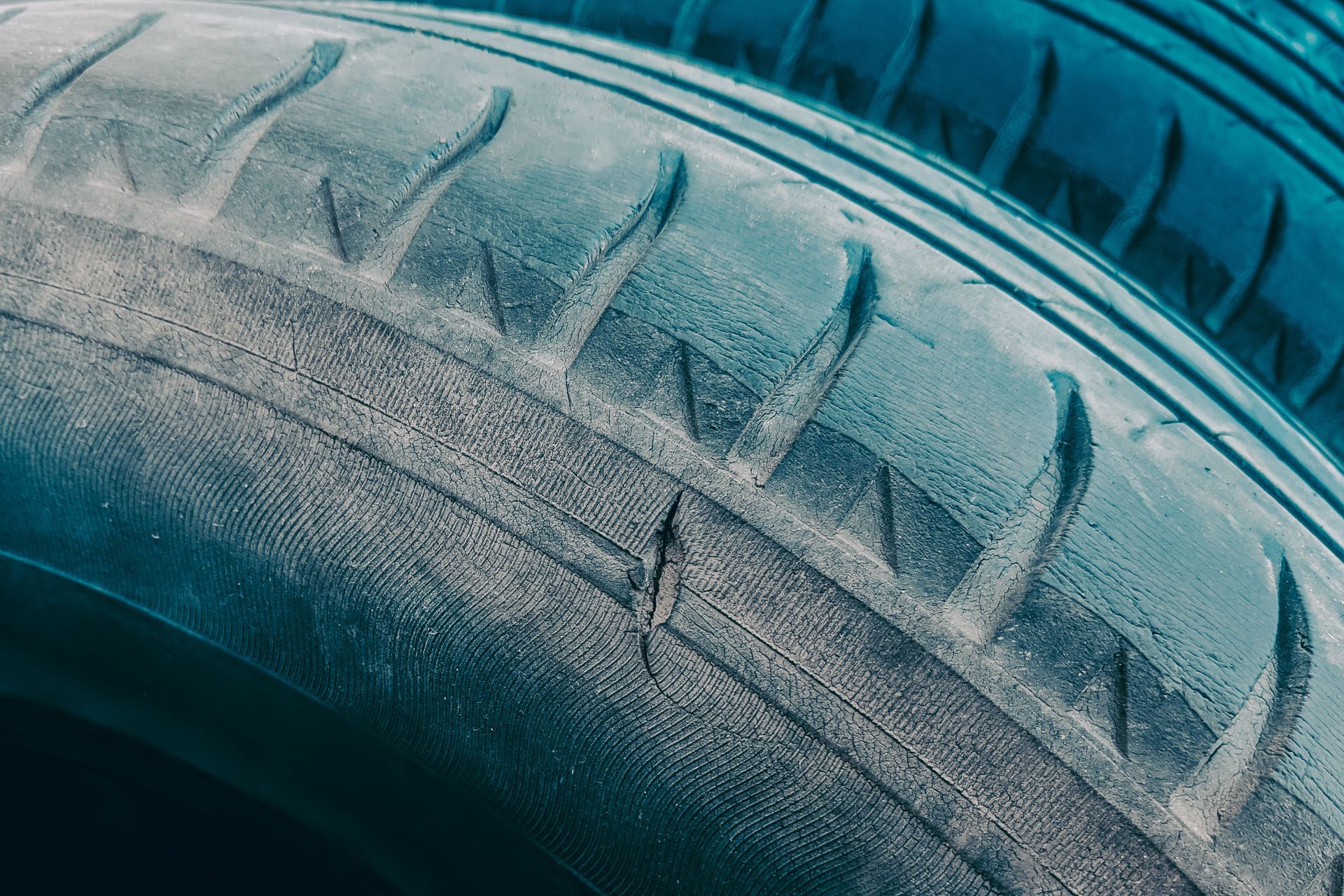Disc Brakes vs. Drum Brakes: What Are the Differences?
September 30, 2023
When it comes to your vehicle's safety, few systems are as critical as the brakes. Your car's ability to come to a stop quickly and efficiently can mean the difference between a safe journey and a potential disaster. Understanding the various types of brake systems and their key components is essential for any car owner. In this blog, we'll take you on a journey through the world of brakes, shedding light on the diverse brake systems and the vital parts that make them work seamlessly.
Exploring Brake Systems
Disc Brakes
Disc brakes are the most common type found on modern vehicles. They consist of a rotor, caliper, and brake pads. When you press the brake pedal, hydraulic pressure forces the brake pads against the rotor, creating friction and slowing down the wheel's rotation.
Drum Brakes
Drum brakes are an older design but are still used in some vehicles, often on the rear wheels. They feature a brake drum, brake shoes, and wheel cylinders. When you apply the brakes, the shoes are pushed outward against the inside of the drum, generating friction and slowing down the wheel.
Essential Brake Components
- Brake Pads: Brake pads are the linings that press against the brake rotor (in disc brakes) or inside the drum (in drum brakes). They are crucial for generating friction and stopping the vehicle.
- Brake Rotors (Disc Brakes): Rotors are flat, circular discs mounted on the wheel hubs. They work in tandem with the brake pads to create the friction needed for stopping.
- Brake Shoes (Drum Brakes): Brake shoes are curved components that press against the inside of the brake drum. They serve the same purpose as brake pads in disc brakes, generating friction to slow down the wheel.
- Calipers (Disc Brakes): Calipers house the brake pads and are responsible for applying pressure to them when you press the brake pedal. They play a crucial role in controlling the braking process.
- Brake Lines: Brake lines carry hydraulic fluid from the master cylinder to the brake components. Ensuring they are free from leaks is vital for maintaining brake function.
- Master Cylinder: The master cylinder is responsible for converting your foot's pressure on the brake pedal into hydraulic pressure that operates the brakes.
Understanding the type of brake system in your vehicle and the condition of its components is essential for maintaining safety on the road. Regular inspections and maintenance ensure that your brakes remain in optimal working condition. Whether you have disc or drum brakes, knowing the ins and outs of your vehicle's braking system empowers you to make informed decisions about repairs and replacements. Remember, when it comes to safety, brakes are your best friends on the road!
Don't forget to turn to the local brake experts at Gibbon Tire & Auto in Charlotte, NC, for all your braking needs! You can give us a call or schedule an appointment online at your convenience.
Get In Touch
Our Location
Loading ...
Missing business hours data / Error occurred while getting the data.
Have Trouble Finding Us?
Loading ...
Missing nap lines data / Error occured while getting the data.

